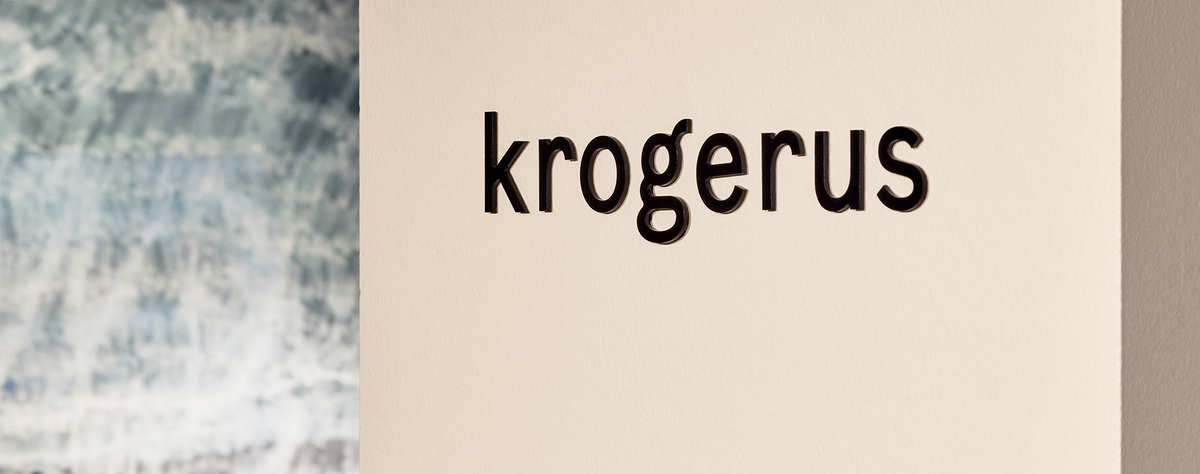Attacking Online Infringements Got Easier – New Interpretation on Jurisdiction from EU’s Top Court
If you are in the business of selling copyright-protected products or services, you should be aware that a recent court case in Europe could impact your business. How so? It may make it easier to step in if someone is copying or distributing your protected material online without your permission. So, to protect yourself, be aware of the new opportunities and seek counsel if you find out or believe that your rights are being infringed.
The Court of Justice of the EU held in its judgment in Pinckney v KDG Mediatech AG (Case C-170/12) that a court within whose jurisdiction a copyright-infringing CD offered online is accessible is competent to adjudicate on the infringement. The Court thus gave new, lower criteria regarding the geographical competence of national courts to judge online infringements.
In this case, the claimant, a recording artist by the name of Peter Pinckney, claimed that Mediatech, an Austrian company, was infringing his copyrights by pressing on a CD songs whose rights were allegedly held by Mr Pinckney. The CDs had been marketed by two UK companies through multiple websites which were accessible for Mr Pinckney from Toulouse, France. An action for damages was brought against Mediatech before a French court, but Mediatech claimed that the venue was inappropriate seeing that Mediatech was established in Austria. The case ended up before the EU Court of Justice.
A legal volte-face?
Under Regulation (EC) No 44/2001 on jurisdiction in civil and commercial matters (so-called “Brussels I”), the relevant jurisdiction is principally the place in which the defendant is domiciled. In certain cases, for instance in matters relating to non-contractual liability, the action may also be brought in a court of the place where the harmful event occurred or may occur.
In its prior rulings, the Court of Justice had systematically held that an action is admissible for the addressed court if the claimant proves that a website is specifically aimed at the public in the member state where the court is situated, a view seconded by AG Jääskinen in his opinion. In Pinckney v Mediatech, however, the Court ruled that in matters concerning online infringements the place where the alleged damage occurred could vary according to the nature of the infringed right. Moreover, it pointed out that EU law does not require, in particular, that the activity has to be targeted to a given member state.
It follows that a court of the member state protecting the right in question and within whose jurisdiction the harmful event may occur are both competent to hear the case. In Pinckney v Mediatech, the Court of Justice defined the harmful effect as “the possibility of obtaining a reproduction of the protected work from a website accessible within the jurisdiction”. The inevitable outcome of such a holding, however, is that a national court may only determine the damages occurred within the particular member state in which it is situated.
Practical significance
In comparison with earlier case law, the lower criteria for geographical competence set out in Pinckney v Mediatech will facilitate the determination of the proper jurisdiction for trying a case involving IPR infringements occurring via the Internet. The ruling makes it easier for rights holders to claim damages for online infringements of their IPR. On the other hand, it appears likely that the Court’s decision will encourage forum shopping – an activity which, until this judgment, the EU judicature has attempted to restrain.


